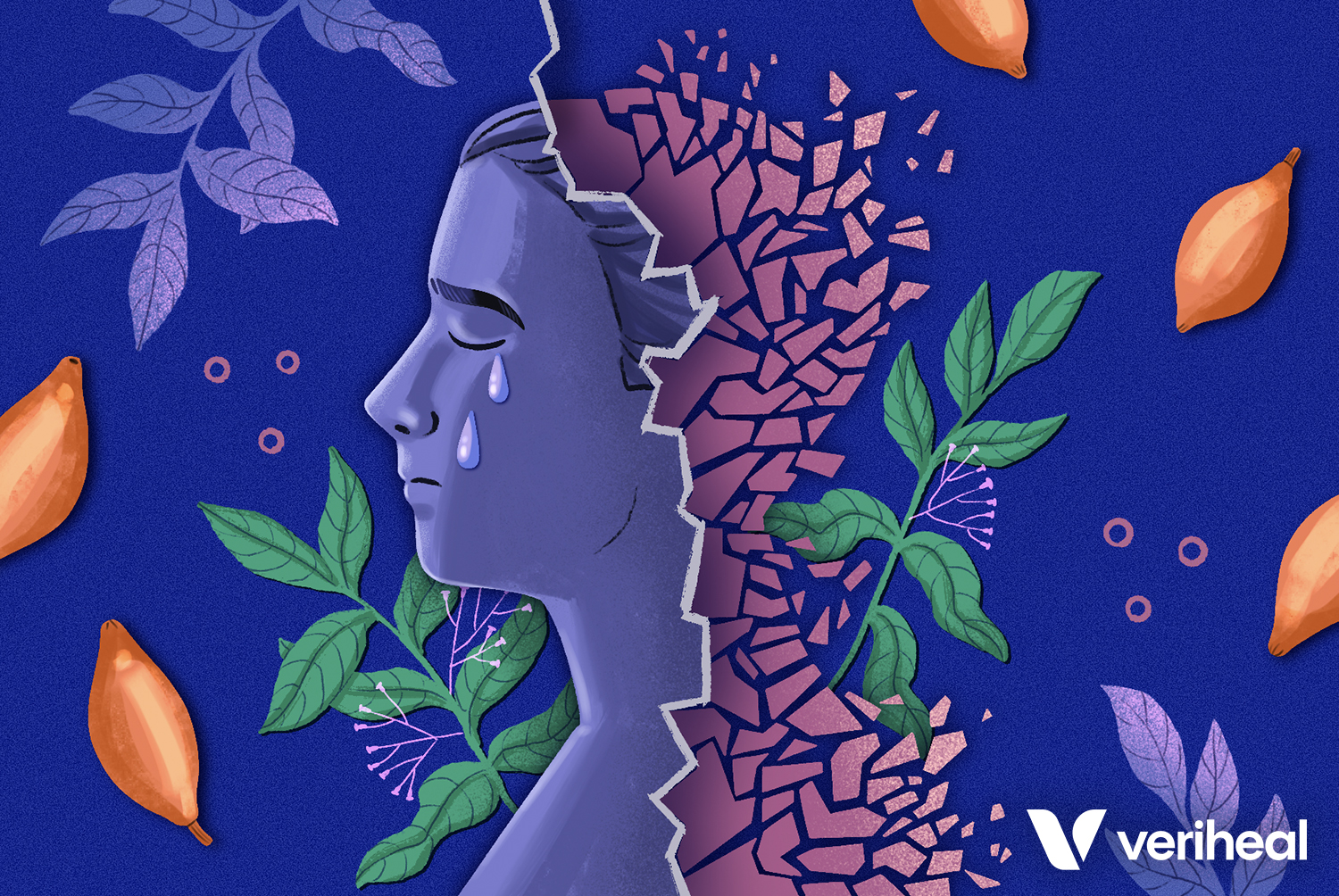Depression and addiction are serious issues affecting many people worldwide. Researchers have recently developed promising drug candidates for the treatment of these conditions, drawing inspiration from a traditional African psychedelic plant medicine called ibogaine. This article explores the development process and potential of these new medications, with a focus on the role of the serotonin transporter (SERT) and the innovative techniques used in their discovery.
Frequently Asked Questions
What is ibogaine?
Ibogaine is a naturally occurring psychoactive substance derived from the roots of the iboga plant, native to central Africa. It has been used for centuries in spiritual and medicinal practices, believed to facilitate healing and personal transformation.
Why has ibogaine faced challenges in medical use?
Ibogaine has complex interactions with the human body and can interfere with various biochemical processes. It has been associated with heart arrhythmias and is considered a “dirty” drug due to its binding to multiple targets beyond SERT.
What is the role of the serotonin transporter (SERT) in mental health?
SERT is a protein that regulates serotonin levels in the brain. Serotonin is a neurotransmitter responsible for mood, appetite, and sleep. Imbalances in serotonin levels are associated with depression and other mood disorders.
How were the new drug candidates discovered?
Researchers used virtual screening and docking techniques to examine millions of molecular structures virtually. By evaluating their ability to bind to SERT, they identified promising molecules for further refinement.
What were the results of the evaluation?
The two most potent SERT inhibitors identified in the study were found to be more effective than an existing antidepressant while maintaining a high degree of selectivity. Animal models demonstrated their potential efficacy in treating depression, anxiety, and addiction.
What makes these new drug candidates promising?
The new drug candidates showed a similar impact on SERT as ibogaine but with enhanced potency and selectivity. Unlike ibogaine, they did not exhibit unintended effects on other receptors and transporters, offering potential therapeutic benefits with fewer side effects.
What are the next steps for this research?
The structural details of the new drug candidates have been shared with a chemical manufacturing company, allowing for further testing. The research team continues to seek more accurate molecules for potential therapeutic applications.
Conclusion
By exploring the medicinal properties of traditional psychedelic plant medicines like ibogaine and combining them with cutting-edge scientific techniques, researchers are opening new avenues for the treatment of depression and addiction. This interdisciplinary collaboration offers hope and better options for individuals suffering from these debilitating conditions.
Note: The content on this page is for informational purposes only and is not intended to be professional medical advice. Always consult a physician before making any decision on the treatment of a medical condition.
Veriheal does not support illegally consuming therapeutic substances such as psychedelics, but acknowledges the need for research, legal access, and responsible consumption. Always consult a physician before attempting alternative therapies.


